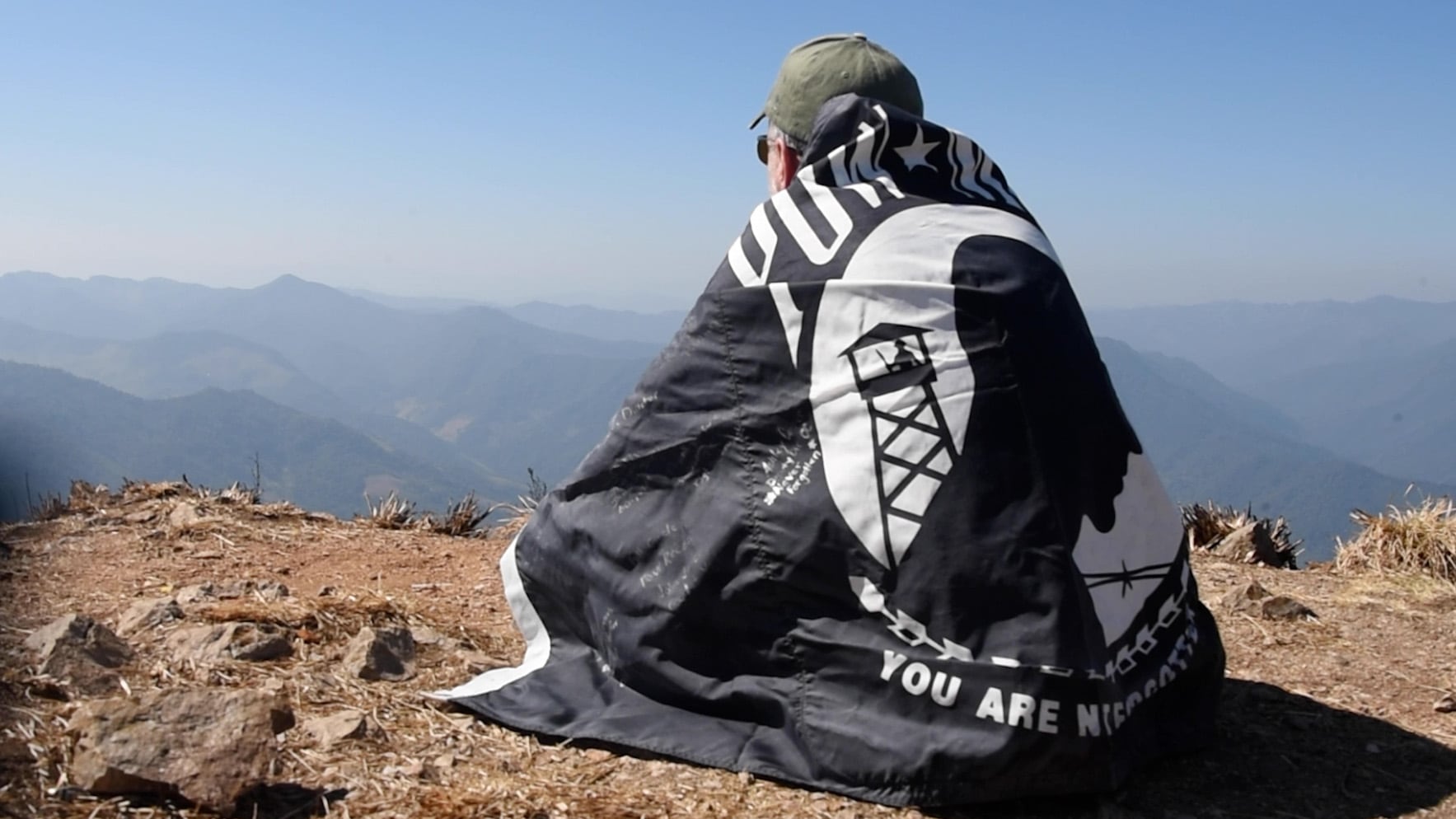“I would never have asked for you if you weren’t good,” George Patton addressed the U.S. Army’s first Black tankers in an impassioned speech in October 1944.
“I have nothing but the best in my army. I don’t care what color you are as long as you go out and kill those Kraut sons of bitches. Everyone has their eyes on you and is expecting great things of you. Most of all your race is looking forward to your success. Don’t let them down and damn you, don’t leave me down!”
Such was the 761st Tank Battalion’s introduction to the Third Army to which it had been attached. Behind the classic Patton pep talk, the general harbored his share of prejudices— after all, his grandfather was a Confederate general — and was reluctant to commit the Black Panthers to combat.
Ultimately though, he did send them in, and however unwilling he was to admit it publicly, the 761st did not let him down.
Among the first to prove their worth, Ruben Rivers, was one of the first to die.
The six-foot two-inch Oklahoma native was working on a railroad when World War II broke out.
Three of the Rivers men enlisted in the United States military, but only Ruben would get a combat assignment. After training at Camp Hood, Texas, he was assigned to the newly formed Company A of 761st Tank Battalion, a segregated unit that adopted the nickname “Black Panthers” and whose members were keen to live up to it.
Their first chance came on Nov. 8, 1944, when the Third Army targeted the Saar Valley at the Siegfried Line between France and Germany. As part of this campaign the 761st, attached to the 104th Infantry Regiment of the 26th Infantry Division, took part in an attack on French town of Vic-sur-Seille.
The German defenders improvised a roadblock of trees and land mines that stalled tanks and infantry alike as the Americans were stranded in ditches and savaged by artillery.
Staff Sgt. Rivers was in the lead tank and, aware that something had to be done, he dismounted under heavy enemy fire, attached a cable to the tree and moved it off the road. With the main obstacle cleared, the Americans resumed their advance and took the town. For his courage and initiative, Rivers became the first member of the 761st to be awarded the Silver Star.
On Nov. 16, the 761st fought its way into Guébling, again encountering anti-tank guns and mines. As they fought their way toward town, Rivers’ tank ran into a mine at a railroad crossing, which slashed his leg to the bone.
In spite of that, he declined morphine, reassumed command and joined the advance into Guébling and directing his company’s fire on enemy gun positions outside of town.
At dawn on Nov. 19, Company A advanced toward Bourgaltoff, only to come under still more heavy fire. Capt. David A. Williams, Company A’s white officer, ordered his tanks to withdraw and take cover, but reported receiving a radio message from Rivers pinpointing the German antitank positions and declaring: “I see ‘em. We’ll fight ‘em.”
Joined by another A Company tank, Rivers covered the rest in a fighting retreat, during which he opened fire on several enemy tanks. A German shell hit his tank, however, killing him and wounding the rest of his crew.
Four days later, with the Allied advance resuming, Capt. Williams wrote a report on Rivers’ activities throughout the battle for Guébling. Although he knew the U.S. Army was unlikely to act on it, he recommended Rivers for the Medal of Honor, stating that “Staff Sergeant Rivers’ fighting spirit and daring leadership were an inspiration to his unit and exemplify the highest traditions of military service.”
The 761st Tank Battalion’s outstanding performance in the war’s last months bore witness to the example he set, as well as spirit inherent to all the Black Panthers.
Williams proved to be correct about the Army bureaucracy’s unofficial policy at the time — Rivers only received the Purple Heart. Thanks to his putting his request down on paper, however, it found itself into the hands of a more equitable generation more than 50 years later.
On Jan. 13, 1997, Rivers was one of seven Black soldiers to have their wartime medals upgraded to the Medal of Honor. In Rivers’ case, his sister, Grace Woodfolk, received his medal from President Bill Clinton in the White House.
His remains were buried in the American Battle Monuments Commission’s Lorraine Cemetery, in the company of soldiers who did not let George Patton down.





